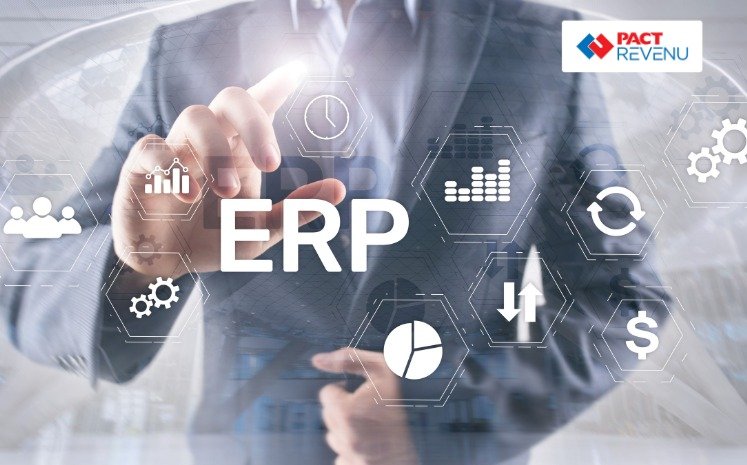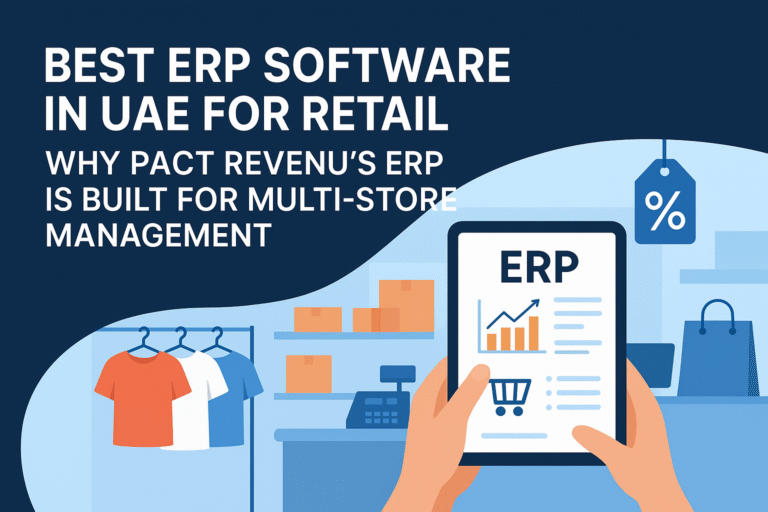
Similar Posts

Streamlining Success: How ERP Transforms Real Estate Operations
A robust ERP system streamlines real estate operations by centralizing data, automating processes, and providing real-time insights for better decision-making. By enhancing efficiency, tenant management, and financial control, it drives growth, profitability, and long-term success in a competitive market.

The Modern COO: Mastering Agility in a Disrupted Landscape
Real estate software is designed to streamline property management tasks, including leasing, sales, brokerage, rentals, and maintenance management. Implementing such software can enhance efficiency by automating processes, reducing manual errors, and providing centralized data access. When selecting real estate software, it’s important to consider factors such as scalability, customization options, and integration capabilities to ensure the system aligns with your organization’s needs.

How to choose the right ERP?
Property management software is designed to assist property managers and landlords in efficiently handling various aspects of property operations. These platforms typically offer features such as lease administration, maintenance tracking, and financial reporting, streamlining tasks and enhancing overall efficiency. citeturn0search3 By automating routine processes, property management software helps ensure timely maintenance, accurate financial management, and improved tenant satisfaction.

The Ultimate Guide to Different Types of ERP
Choosing the right ERP system can make or break a business’s efficiency and growth. This guide breaks down the key differences between cloud-based and on-premise ERP solutions—covering costs, flexibility, security, and scalability—so you can decide what fits your organization best. Whether you’re a growing SME or a large enterprise with complex needs, the insights here will help you navigate the ERP landscape with confidence.

Unlocking Business Agility with a Customizable ERP: Why Your Business Needs It Now
A customizable ERP system empowers businesses with the agility to adapt quickly to market changes, streamline operations, and make data-driven decisions. By offering flexibility, scalability, and real-time insights, it enhances efficiency and ensures long-term growth in an ever-evolving business landscape.

Best ERP Software in UAE for Retail Why PACT REVENU’s ERP Is Built for Multi-Store Management
In today’s fast-paced retail industry, managing multiple stores with different inventories, sales channels, financials, and customer interactions is a huge challenge. That’s where ERP Software in UAE like PACT REVENU’s ERP (PACT REVENU) becomes indispensable. This solution is crafted for growing retail businesses that need unified control, real-time visibility, and modularity. Understanding ERP Software in…